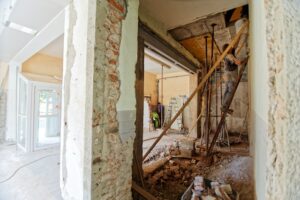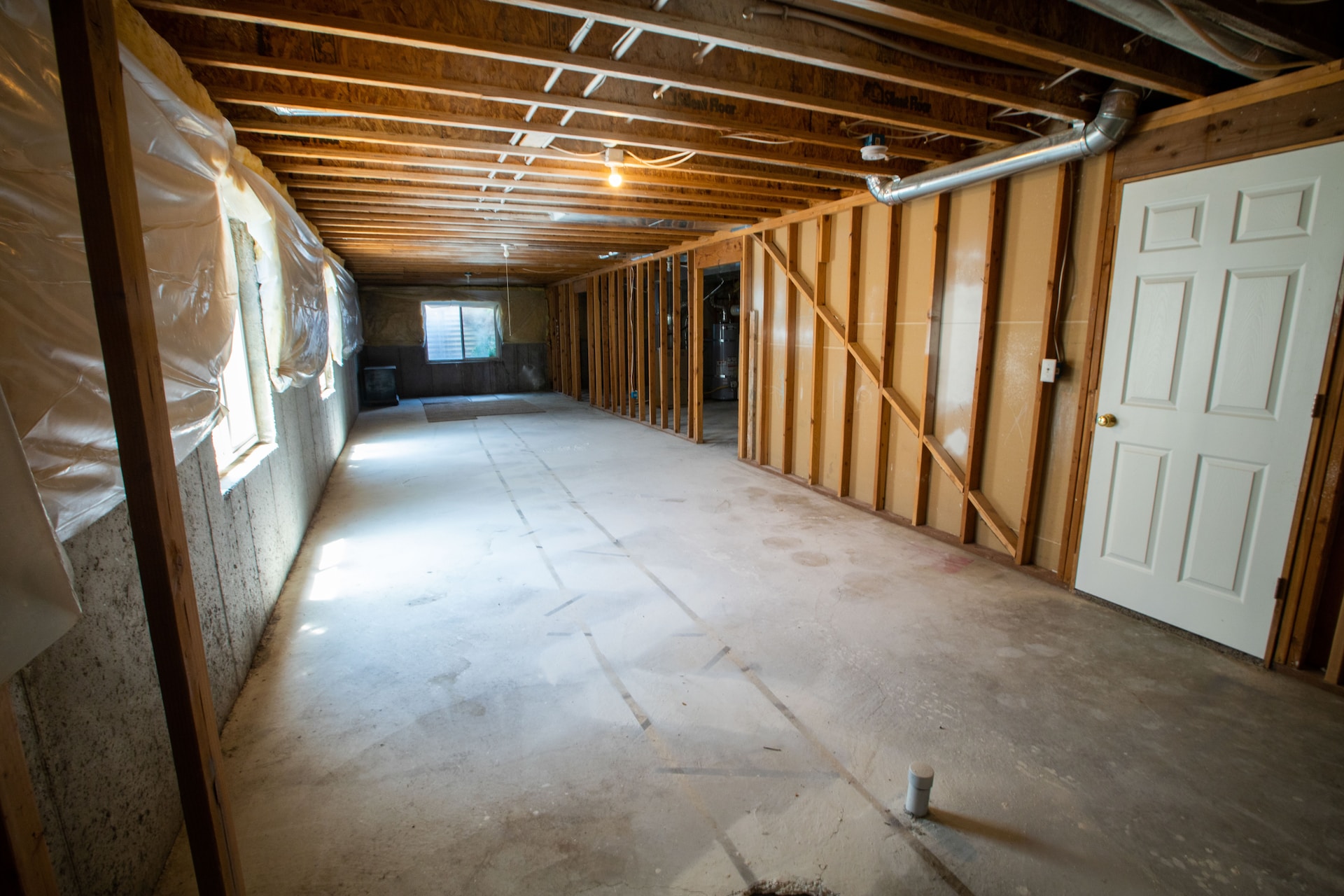Unlock the hidden potential in your home by transforming that unused basement into a functional and inviting space. Whether you’re dreaming of a cozy family room or an impressive entertainment area, understanding the building codes and regulations for basements and floor slabs is essential. By navigating these guidelines with confidence, you can ensure your project meets safety standards while creating a space that perfectly suits your needs. If you want to know about the difference of basement and floor slabs, visit https://www.sz-immo.de/ratgeber/bauen-und-ausbauen/keller-vs.-bodenplatte-13539.html. In this blog post, we will explore foundation design, construction permits, height requirements, egress requirements, and more. So let’s dive in and discover how to make the most of your basement renovation while staying within the bounds of the law.
Foundation Design
 The foundation is the backbone of any building structure, and when it comes to basement renovations, it becomes even more crucial. The design of your foundation should align with local building codes to ensure stability and safety. One key factor in foundation design is soil type. Different soils have varying load-bearing capacities, so understanding the characteristics of your soil will help determine the appropriate foundation design.
The foundation is the backbone of any building structure, and when it comes to basement renovations, it becomes even more crucial. The design of your foundation should align with local building codes to ensure stability and safety. One key factor in foundation design is soil type. Different soils have varying load-bearing capacities, so understanding the characteristics of your soil will help determine the appropriate foundation design.
This may involve conducting soil tests or consulting with a geotechnical engineer. Another consideration is waterproofing. Basements are prone to moisture issues, so incorporating proper waterproofing measures into the foundation design can prevent costly problems down the line.
Construction Permits
When it comes to building a basement or floor slab, one of the most important aspects to consider is obtaining the necessary construction permits. These permits ensure that your project meets all the regulations and requirements set by local building codes. Obtaining construction permits involves submitting detailed plans and specifications of your proposed basement or floor slab design to the relevant authorities. This process helps ensure that your structure will be safe, structurally sound, and in compliance with all applicable regulations. Before applying for a permit, it’s crucial to do some research and familiarize yourself with the specific requirements and documentation needed in your area. Each jurisdiction may have its own unique set of rules regarding permits, fees, inspections, and timelines.
Height Requirements
When it comes to building codes, height requirements are an important consideration for any construction project. These regulations dictate how tall a structure can be and ensure that buildings are safe and in compliance with local standards. The specific height requirements will vary depending on the location and type of structure being built. For example, residential homes may have different height restrictions than commercial buildings or high-rise apartments. Before beginning any construction project, it is essential to consult the local building department to determine the applicable height requirements. This step helps avoid potential issues down the line and ensures that your project meets all necessary regulations.
Egress Requirements
 Egress requirements are an essential aspect of building codes that ensure the safety of occupants in basements and floor slabs. These regulations focus on providing a safe means of exit in case of emergencies, such as fires or other hazardous situations. One key egress requirement is the installation of windows or doors with specific dimensions to allow for easy escape and rescue access. The size, height from the floor, and width specifications may vary depending on local building codes.
Egress requirements are an essential aspect of building codes that ensure the safety of occupants in basements and floor slabs. These regulations focus on providing a safe means of exit in case of emergencies, such as fires or other hazardous situations. One key egress requirement is the installation of windows or doors with specific dimensions to allow for easy escape and rescue access. The size, height from the floor, and width specifications may vary depending on local building codes.
Additionally, there are guidelines regarding the placement and location of these openings. For instance, they should be easily accessible without requiring any special tools or equipment. Moreover, they should not lead to areas where obstacles might hinder swift evacuation. Understanding building codes related to basements and floor slabs is vital for successful construction projects. By following these regulations diligently, you not only ensure compliance but also create a safe living space for future occupants. Remember that while this blog post provides an overview of some common aspects of building code regulations for basements and floor slabs, always consult with local authorities or professionals experienced in architectural engineering before carrying …



